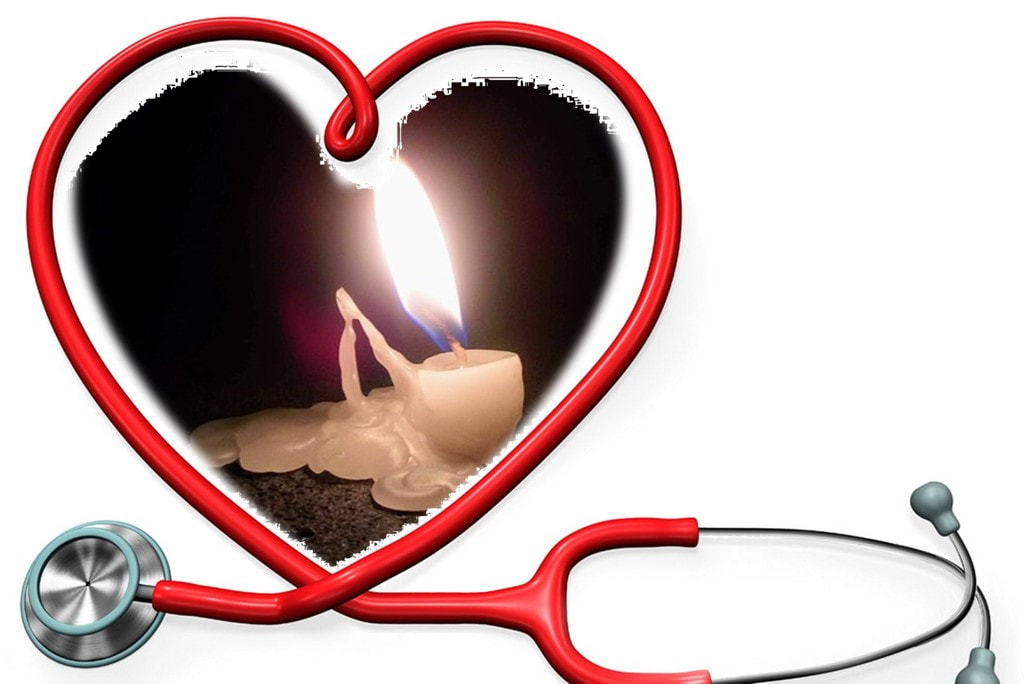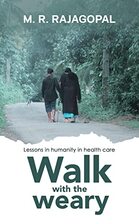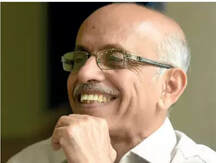|
I would like the time of my dying to be a time of celebration. I would like my caring team to make me as comfortable as possible, so that I can spend the remaining time the way I want to. I hope my family will accompany me on the path that I choose, and not drag me along in the direction that they decide on, even if they think there are certain miraculous solutions to be found there. Respect life, respect deathI hope the custodians and practitioners of the science I have learned—the noble medical science—will be compassionate and remember that there is an art to healing as well. I hope they will not succumb to some inner Frankenstein, programmed to believe that they are obliged to keep my heart beating, or that a beating heart is more valuable than a soulless existence; greater than the cost it inflicts on me and my loved ones. I fervently wish that I am not imprisoned in a cold intensive care room, isolated from my family when I need them most. I hope my fellow health professionals will permit themselves to recognize that just as they have a duty to cure my disease, if possible, they must also accept incurability when inevitable. And that just as they respect life, they need to respect death too. Incurable, still humanNo therapeutic scan has yet been created that can measure happiness. There is no medical intervention yet that can generate joy, but the love that I give and the love I may receive. If I am made physically comfortable within reasonable limits, this love could well be the only thing that matters as death approaches. I believe I have a right to a compassionate and responsive medical system that will not reject the human being in me simply because my disease is incurable. I hope I am not force-fed if I am no longer hungry; I hope my doctor will not fear administering a sedative, if I indicate that I want to sleep. I hope that if I reach out, my hand will be met with a friendly grasp in the darkness. And, to everyone, who has given me abundant love, my family and friends; those who arrived as patients and their families and became fellow-travellers, teachers and partners; my many colleagues past and present—there must have been so many ways in which I could have treated you better. I hope you will not find it too difficult to forgive me my faults and weaknesses. If you can think of a few good moments that you and I shared, my life has been worth living. The above abstract is from the book Walk with the weary: Lessons in humanity in health care written by Dr. M.R.Rajagopal. Yes, he is one, but it would be irreverent to call Dr. M.R.Rajagopal just a doctor. He has held the hands of many as they walked the tortuous line between life and death. He has eased pain, wiped tears, restored dignity and more. And he continues to teach many to do all of that. All of us need to read Walk with the weary. Because all of us are going to die one day. Because all of us deserve to live as we would like to until that last moment.
6 Comments
Suprabha
11/5/2022 07:57:23 pm
One of the best excerpts put out there and thank you for sharing. Death is a celebration of life and making the final phase as peaceful as possible should indeed be part of the medical community’s mandate,
Reply
Priyanka
13/5/2022 04:29:20 am
Death is a part of life. How we look at it does matter. The end of the life deserves as much care, respect as the beginning. Thank you for sharing such a lovely book!
Reply
Jigisha Raval
14/5/2022 08:43:19 am
This resonated so much with my thoughts abt life and death. Thank U so much for sharing. 1 more book added to my reading list.
Reply
Leave a Reply. |
AuthorVijayakumar Kotteri Categories
All
Archives
July 2024
|




 RSS Feed
RSS Feed

